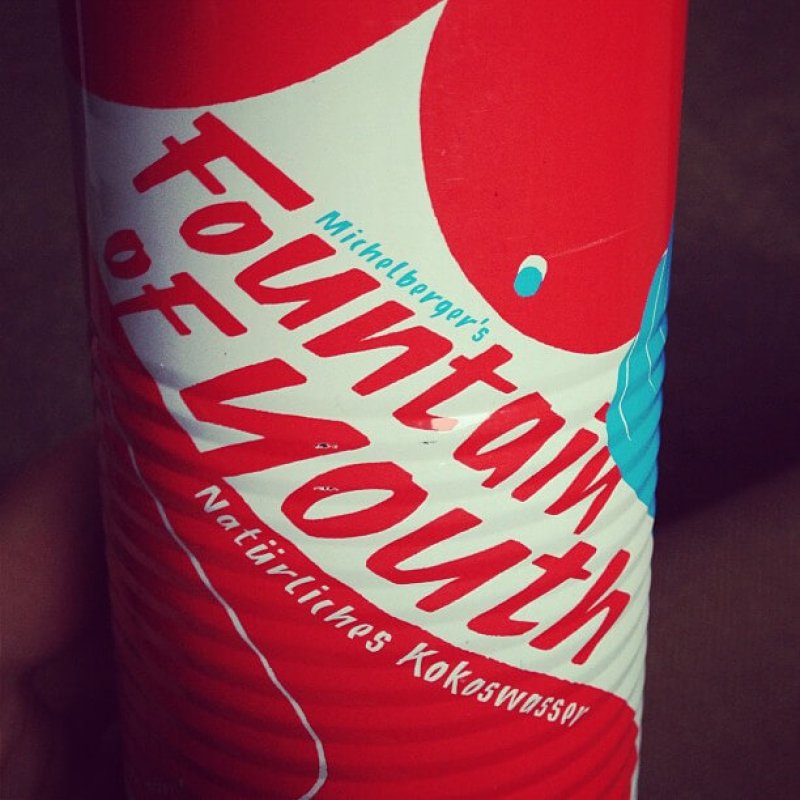When news broke last month that transfusing young blood into older mice rejuvenated them, people got pretty excited. The fountain of youth is youth it turned out!
Those researchers identified a certain protein GDF11 as a potential candidate for the youthful affect, as Carl Zimmer reported in the New York Times. But now an Australian team has proposed another molecule, oxytocin, as the so called active ingredient that keeps the body young by supporting muscle regrowth.
You’ve likely heard of oxytocin. It’s the focus of a great deal of research, from that explaining mammalian social bonding, to use as an inducer of labor, to interacting with our brains’ reward centers. Now its being researched as a potential therapeutic agent for both autism and obesity.
If anti-aging properties can be attributed to oxytocin, some of its effects might be better understood through that prism. For example, people in steady romantic relationships, particularly in marriages with frequent touching have higher overall oxytocin levels. Married people also live longer. Could oxytocin’s anti-aging properties be responsible for this effect?
In preliminary Chinese work, oxytocin therapy has helped obese people lose weight. In this case could the hormone be helping by fighting age-related weight gain?
Applying the anti-aging perspective to oxytocin’s pair bonding, breast feeding and autism related affects is a harder sell. It is pretty impressive that just one hormone could have such a myriad of effects on the body, as Zimmer writes at National Geographic:
It may seem strange for one little molecule to influence us in so many ways. But that’s true for many hormones. They are signals, but the message they deliver depends on their context. In that respect, hormones are like the words we use to relay messages to each other. Think of the wildly different messages, depending on the context, that just five words can have: “What are you doing here?”
The verdict is far from out whether oxytocin is really driving this youthful effect found in the blood exchange experiments, even in these extremely preliminary studies. We don’t know if young humans have greater concentrations of the hormone in their blood streams than older ones do, for example. Many key pieces of evidence to complete the puzzle are missing.
But adding another function to oxytocin’s extensive, and sometimes overblown, abilities might change our view of the hormone from being primarily a neurotransmitter to a full-body hormone, much like insulin, once thought of as primarily a metabolic hormone, is now known for its important neurological effects. At least in some instances, this might prove to be a useful thought experiment.
Additional Resources:
- Epigenetics play cupid for prairie voles, Kate Yandell, Scientist
- One molecule for love, morality, and prosperity?, Ed Yong, Slate
- Ten reasons why oxytocin is the most amazing molecule in the world, George Dvorsky































